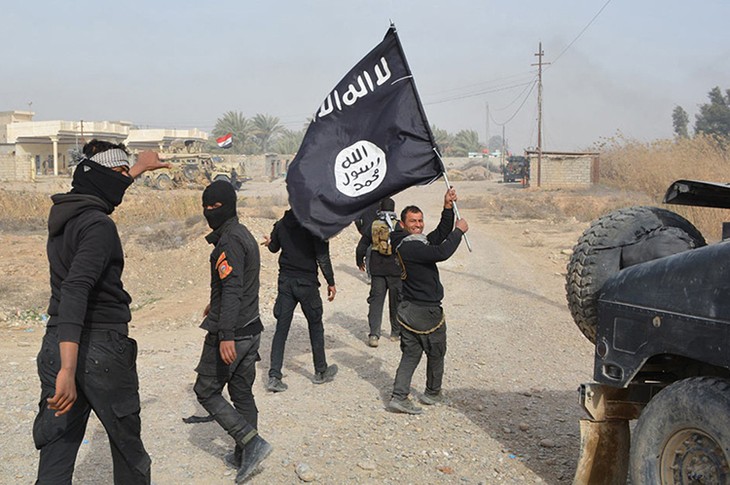(VOVWORLD) - March 15th, 2021, marked 10 years since the start of the civil war in Syria, one of the countries heavily affected by the “Arab Spring” uprising that began in Tunisia in 2011. After a decade, Syria is still mired in division and instability, which is holding back peace and national reconstruction.
 Ten years of civil war has seriously damaged Syria. (photo: Reuters) Ten years of civil war has seriously damaged Syria. (photo: Reuters) |
Syria’s civil war has been one of the worst crises of the 21st century. It has killed 500,000 people and displaced half of Syria’s population. 200,000 people are missing.
Complications
At a meeting to mark a decade since the start of the Syrian war, UN Secretary General Antonio Guterres urged countries to put aside their differences and help Syrians find a solution to the crisis, which remains a living nightmare. Half of all Syrian children have never lived a day without violence. 60% of the population is threatened by hunger this year.
UNICEF says Syria is facing three crises – violence, economic recession, and the COVID-19 pandemic. Two out of three Syrian families can’t afford the basic necessities of life.
The Syrian military has taken back almost all territory previously held by foreign-backed rebels. But the infrastructure has been destroyed or seriously damaged over the years, and will need billions of USD for reconstruction. Meanwhile, deep divisions between factions are blocking any reconciliation.
Still present in Syria are multiple foreign forces and local militias, including extremist and terrorist groups. The foreign forces are working independently with different purposes and interests, and not all of them want peace and stability to resume.
 IS ravaged in Syria and Iraq in a long time. (photo: Politico) IS ravaged in Syria and Iraq in a long time. (photo: Politico) |
No light at the end of the tunnel
Analysts say the biggest challenge to peace and reconstruction is the division between the foreign forces, not internal differences. It is because both the Syrian government and the opposition forces are dependent on and controlled by foreign forces.
Russia and the US, the two major players, have opposite aims. Russia has consistently supported the government of President Bashar Al Assad against the rebels. The US opposes Bashar Al Assad and supports some of the rebel groups. Iran and Turkey are also involved in Syria with conflicting purposes.
Common ground that might restore peace and stability to Syria has not been found despite many mediated talks. The Astana negotiations initiated by Russia, Iran, and Turkey in 2017 reduced the violence significantly, but failed to reach any permanent solution, partly due to the US’s non-participation and partly due to thorny differences between Russia, Iran, and Turkey.